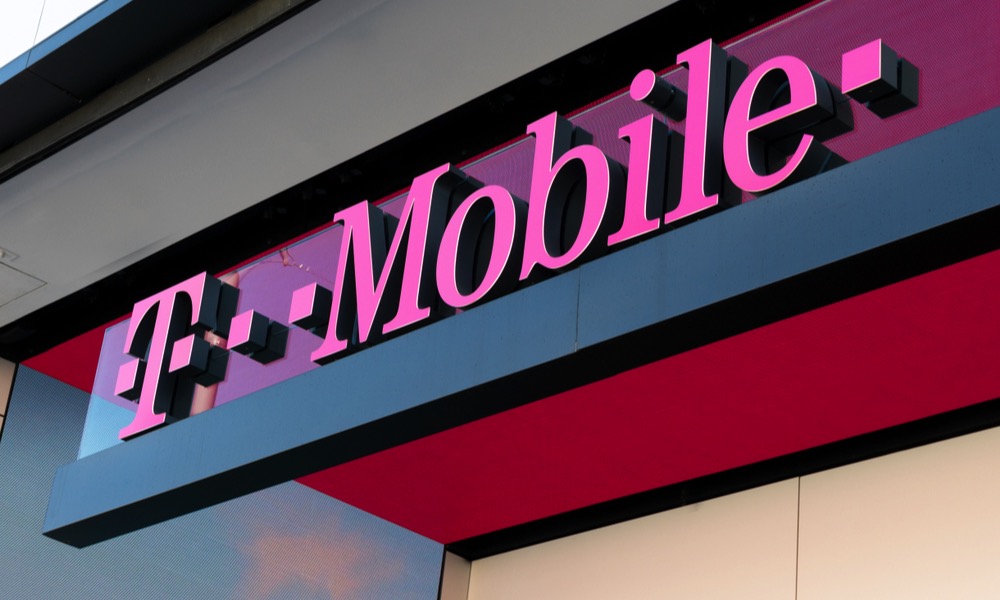T-Mobile’s 5G Network Is Faster and Wider Than Its Rivals (But Not Necessarily More Reliable)
 Credit: Ken Wolter / Shutterstock
Credit: Ken Wolter / Shutterstock
Toggle Dark Mode
As 5G rollouts continue to expand across the U.S. and carriers get ready to support a whole swath of new 5G-capable iPhones, each is now vying to convince customers of having superior coverage over its rivals.
Last month we saw Verizon called out for its misleading 5G claims, and earlier this year AT&T also came under fire from the National Advertising Review Board (NARB) for its bogus “5G E” network.
Now it appears that the National Advertising Division (NAD) has set its sights on T-Mobile. However, its findings may actually surprise you.
This time around, the NAD was responding to a challenge by T-Mobile’s rival Verizon, accusing the “un-carrier” of both exaggerating its own 5G service claims while also making what Verizon alleged were misleading claims about the more limited coverage available on its competing services — claims that Verizon clearly felt were targeted at its own 5G offerings.
In the response to Verizon’s challenge, however, T-Mobile actually came out exonerated in a couple of key areas.
Notably, the National Advertising Division determined that T-Mobile’s claims that its 5G service is faster than 4G service, both on its own network and competitors’ 4G networks, was supported, as were its claims that T-Mobile’s 5G network provides the best coverage, which isn’t surprising as it’s the first carrier to offer 5G service in all 50 U.S. states — even Alaska.
Misleading Advertising
However, T-Mobile didn’t get off scot-free in its marketing campaigns, with the Division recommending that it discontinue claims that its “5G service is generally available in locations that have traditionally been challenging for cellular service,” which was one of the claims that appears to have been at the core of Verizon’s challenge.
Specifically, T-Mobile’s 5G advertising suggests that it is able to deliver reliable service in locations like basements and elevators where it’s often difficult to get reliable cellular service, and while NAD acknowledged that T-Mobile’s 600MHz 5G signals penetrate walls more effectively than the higher-frequency ranges used by some of its rivals, there’s insufficient evidence right now that it does so at enough of a level to make T-Mobile’s 5G service that much more reliable than that of its rivals in those specific areas.
NAD also recommended that T-Mobile discontinue some of the product demonstrations in its recent advertising that negatively exaggerates how poor other carriers’ coverage is.
For example, in one advertising demonstration, T-Mobile illustrates the coverage area of a competing carrier as being no bigger than the bench at a bus stop, with Bill Nye adding, “Other carriers have 5G signals that drop if you move two feet” and “This is how far 5G reaches with other carriers.”
While T-Mobile doesn’t mention Verizon by name in this case, the latter carrier clearly feels it was the target of these claims, which is reasonable since it’s the only one whose 5G deployment has been limited to much shorter-range mmWave technologies concentrated in major cities.
However, as limited as the range of mmWave is, it’s still generally adequate to cover at least a typical city block, which is considerably larger than a park bench.
Although T-Mobile does include a disclaimer in the advertising campaign adding that its “a slight exaggeration, other 5G signals can cover whole blocks!” NAD determined that this contradicted the main claim and was therefore “insufficient to cure the misleading message.”
In another video ad campaign, however, T-Mobile specifically compares its own 5G coverage to Verizon’s using Hard Rock Stadium in Miami shortly before the Super Bowl, however NAD determined that T-Mobile’s claims were misleading as they implied that “T-Mobile’s current 5G network consistently provides no signal loss, decrease in signal strength, or reversion to 4G LTE service” — in other words it was trying to compare T-Mobile’s 5G network operating under the most perfect conditions while not naturally not holding Verizon’s 5G service to the same standard.
Without reliable evidence in the record on comparative reliability of competing networks, NAD recommended that T-Mobile discontinue the claim that its 5G service is more reliable than its competitors’ 5G.
National Advertising Division
In short, while NAD conceded that T-Mobile could generally defend its claims of superior coverage, it didn’t accept the premise that better coverage automatically translates to better reliability, emphasizing that this claim would have to be supported independently, and at this point, there’s simply insufficient data to draw that conclusion for any carrier.
The findings by the National Advertising Division are simply recommendations, however, T-Mobile has stated that it plans to appeal the challenges claims to the National Advertising Review Board (NARB).






